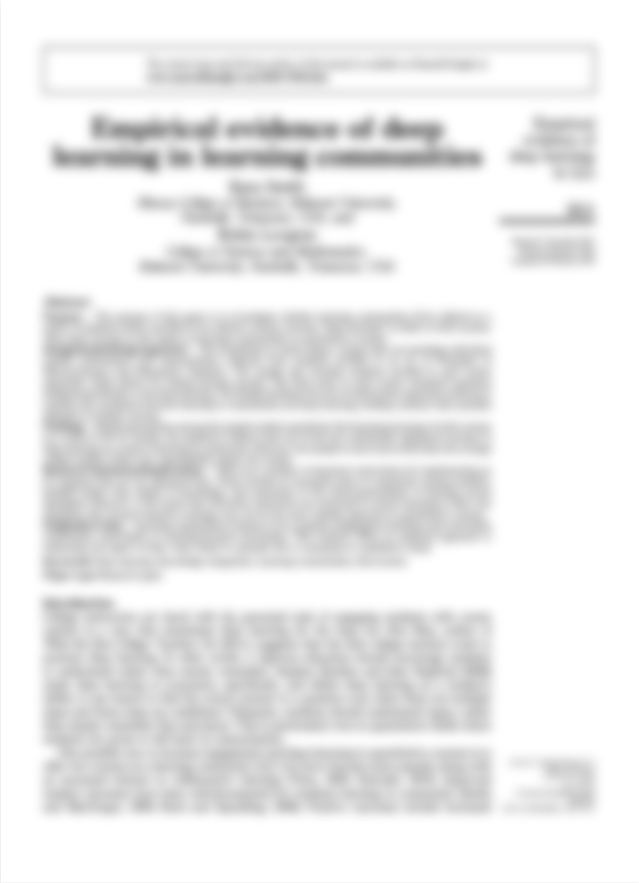Rentals Gaining For Apartments In Many Zones: Dr. C. W. Schwarz Takes Furnished Park Av. Unit; Many West Side Leases
New York Herald Tribune (1926-1962); New York, N.Y.. 25 May 1935: 38.
You might have access to the full article...
Try and log in through your library or institution to see if they have access to the full text.





